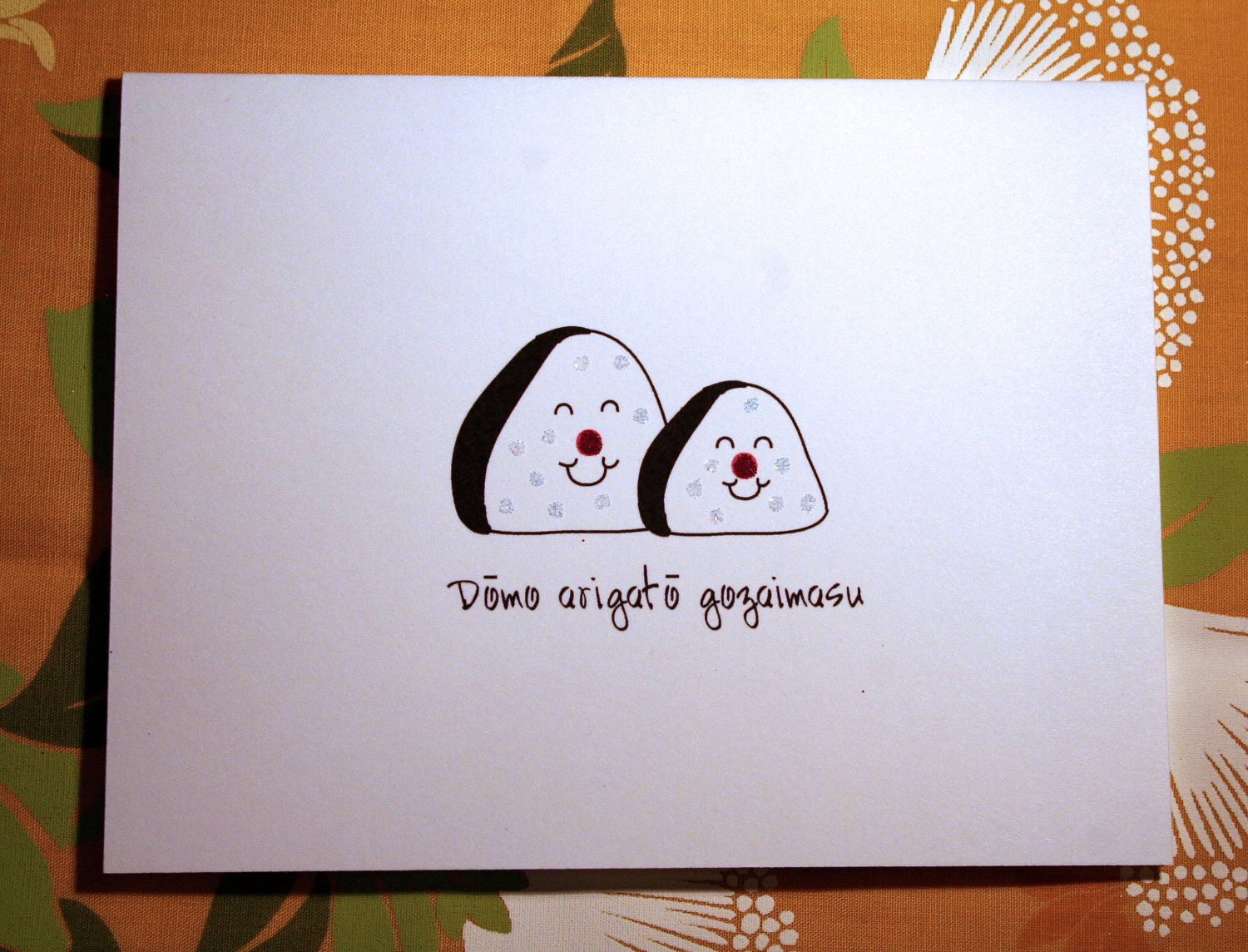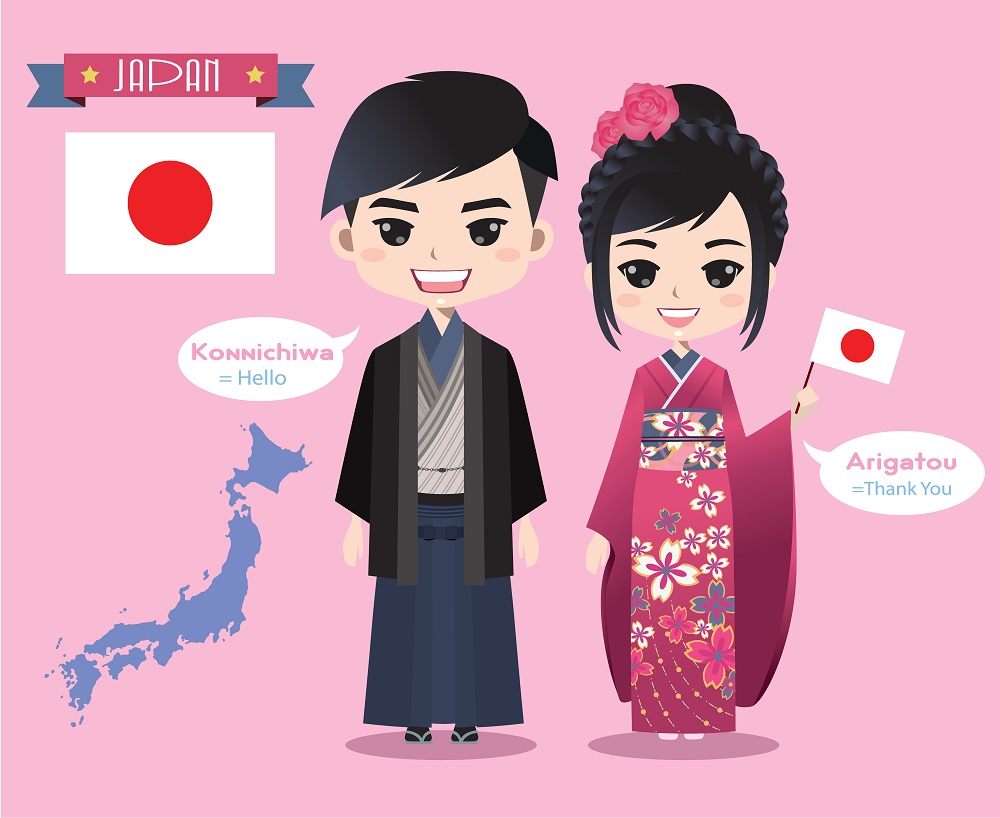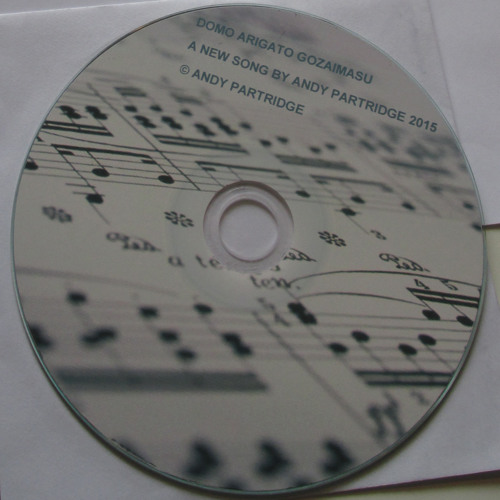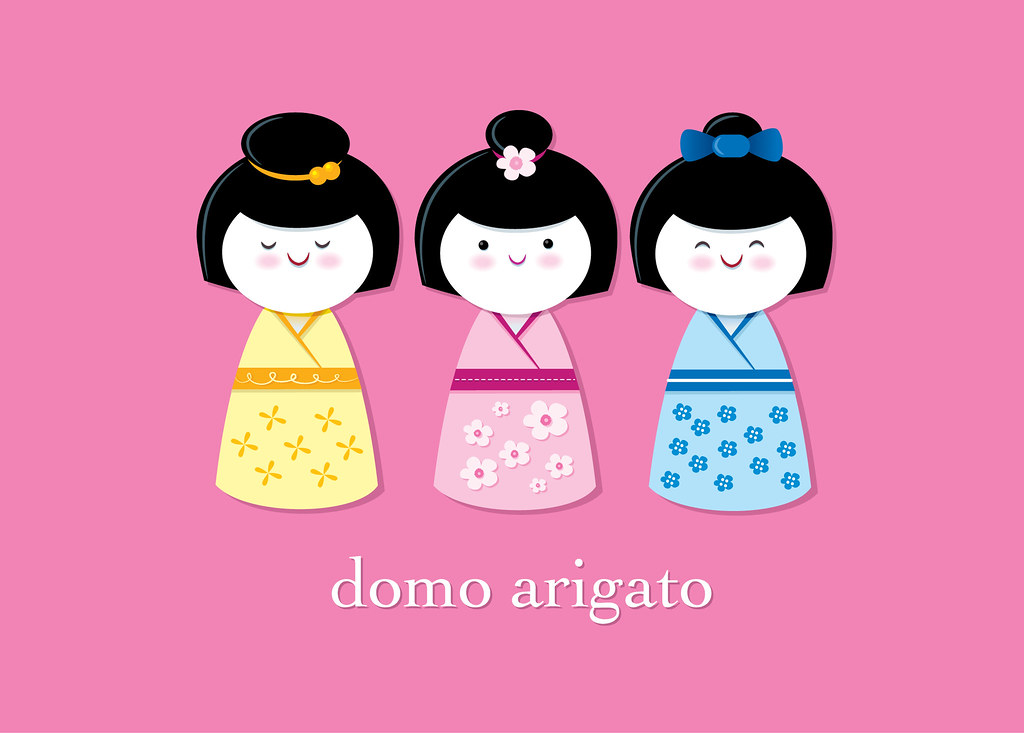Faith rarely calls upon us at the moment of our choosing Domo Arigato

ARIGATO GOZAIMASU Condescending Fox quickmeme
"Domo arigato" means "thank you so much" while "Domo sumimasen" means "I'm so sorry". Quite confusing, isn't it? But no worries! Below you will find in-depth explanations that illustrate the meaning of the Japanese word " domo " (どうも).

Thank you in Japanese Domo Arigato Gozaimasu YouTube
Find address, phone number, hours, reviews, photos and more for Domo | Japanese Restaurant | 300 Lincoln Center, Stockton, CA 95207, USA on usarestaurants.info

"Domo Arigato" Stickers by DetourShirts Redbubble
Published: May 14, 2021 Updated: Sep 17, 2021 "Thank You" in Japanese: How to Express Your Gratitude in Japanese Arigato! You've probably heard that phrase before, and know the domo arigato meaning from "Mr. Roboto"… But do you know all the ways to say "thank you" in Japanese?

KEEP CALM AND DOMO ARIGATO GOZAIMASU Poster Reha Keep CalmoMatic
Doumo arigatou gozaimasu (どうもありがとうございます) The term "doumo" is literally "very," while "gozaimasu" is the polite form of "to have" ( aru; ある). It can be confusing but for the sake of simplicity, remember the longer the expression, the more formal it is.

Diccionario Otaku Domo arigato gozaimasu Wattpad
1. Dou Itashimashite - You're Welcome (formal) This is the standard reply that Japanese textbooks teach you to use when someone says "Arigato" or "Arigato gozaimasu". Dou itashimashite (どう致しまして or どういたしまして) means " You are welcome ", " Don't mention it ", " Not at all ", or " My pleasure ".

Ms. Muendel's Trip to Japan [licensed for use only
Switch it to the polite form: arigatou gozaimasu (ありがとうございます). A step higher is "domo arigatou gozaimasu" (どもありがとうございます) to express your deepest appreciation. It generally translates to "thank you very much". 2. Doumo (どうも) If you think that "arigatou" is a bit too much, cut the.

Two Cute Musubi's Domo Arigato Gozaimasu
In the kokugo dictionary or Japanese dictionary, "arigatashi" means "something rare" and eventually ended up meaning "thankful". Different formalities and usage

Arigatou Gozaimasu Minna Anime Amino
The second phrase is used to thank someone for a service, transaction, or something that someone has done for you. For example, after a clerk has wrapped and bagged your purchase, you would thank him by saying arigatou gozaimashita. Written out, it looks like this: ありがとうございました. Grammatically, the difference between the two phrases is in the tense.

Domo Arigato, Gomennasai, and Other Japanese Phrases Tourists Need to
Domo arigatou gozaimasu! Yes, as the title states, today's article is all about expressing gratitude with a focus on doing it the right way with the right people during the right situations. Today's lesson is geared toward beginners and those with a curiosity about Japanese culture.

Domo Arigato Gozaimasu! Quilling, Paper quilling, Arigato gozaimasu
Domo arigato (sometimes transcribed in "Doumo arigatou") is a way of saying "Thank you very much" in Japanese. The combination of Domo with Arigato has the effect of reinforcing the power of your thanks. Arigato gozaimasu, a formal thank you ありがとうございます。 Arigato gozaimasu. Thank you.

Ask a Japanese Teacher! ARIGATO GOZAIMASU or GOZAIMASHITA? YouTube
"Domo arigato gozaimasu" means "Thank you very much." This phrase adds an extra level of politeness to just your standard "Thank you." Say this when you're in a formal setting, such as in your office, at school, or interacting with people who are older or in a higher position than you.

DOMO ARIGATO GOZAIMASU / Andy Partridge by monacchi Listen to music
But you can make "Domo" sound more formal. Just say "Arigato Gozaimasu" afterward. "Domo Arigato Gozaimasu" is a heartfelt and respectful way to thank someone, roughly translating to "thank you very much" in English. There are various other ways to formally say "thank you", which we'll get to in a bit.

Thank you Domo Arigato Blank Inside Jerrod Maruyama Flickr
Domo arigato gozaimasu / Thank you very much [do:mo arigato: gozaimas] This one is for situations when you want to be even more polite. 3. Hontoni arigato gozaimasu / Thank you so much [honto:ni arigato: gozaimas] If you want to emphasize your appreciation, you can say " hontoni arigato gozaimasu ".

Domo Arigato Gozaimasu bedruckbar Japanisch Danke Japan Etsy.de
'Doumo Arigatou Gozaimasu' (どうもありがとうございます) is the most formal and respectful way of expressing gratitude in Japanese. This phrase essentially combines the politeness of 'Arigatou gozaimasu' with the casualness of 'Domo', creating a blend that signifies a grand gesture of thanks, the equivalent of saying 'Thank you very.

Aikime Onegaishimasu e arigatō solo "per favore" e "grazie"?
2 Answers Sorted by: 0 Now, I ain't a expert, but as I understand it: 「ありがとう」 For your friends/family and your 後輩. 「ありがとうございます」 For your friends/family and (most importantly) your 先輩. 「どうも」 A bit unique as it can mean ありがとう on it's own and is apparently even usable in 敬語 and formal settings which is nice.

Domo Arigatou Gozaimasu Travelog ISMA
The meaning of Domo Arigato Gozaimasu We already wrote an article talking about the meaning of "doumo". In short, it can mean no matter how, anyway, in all cases, for some reason and things like that. In the case of "domo arigato", the adverb "doumo" is used to express humility, and convey an idea of a lot or a lot.